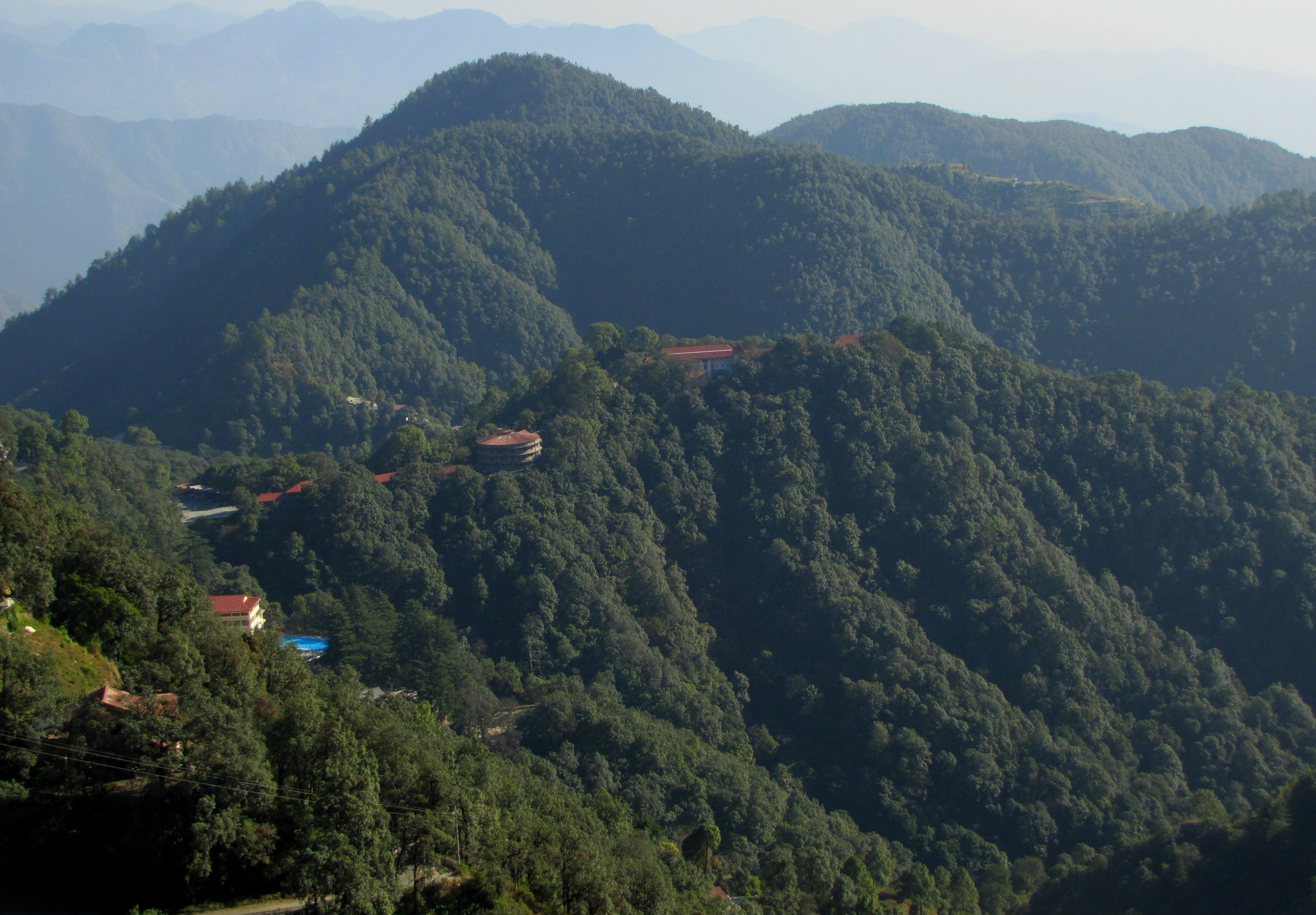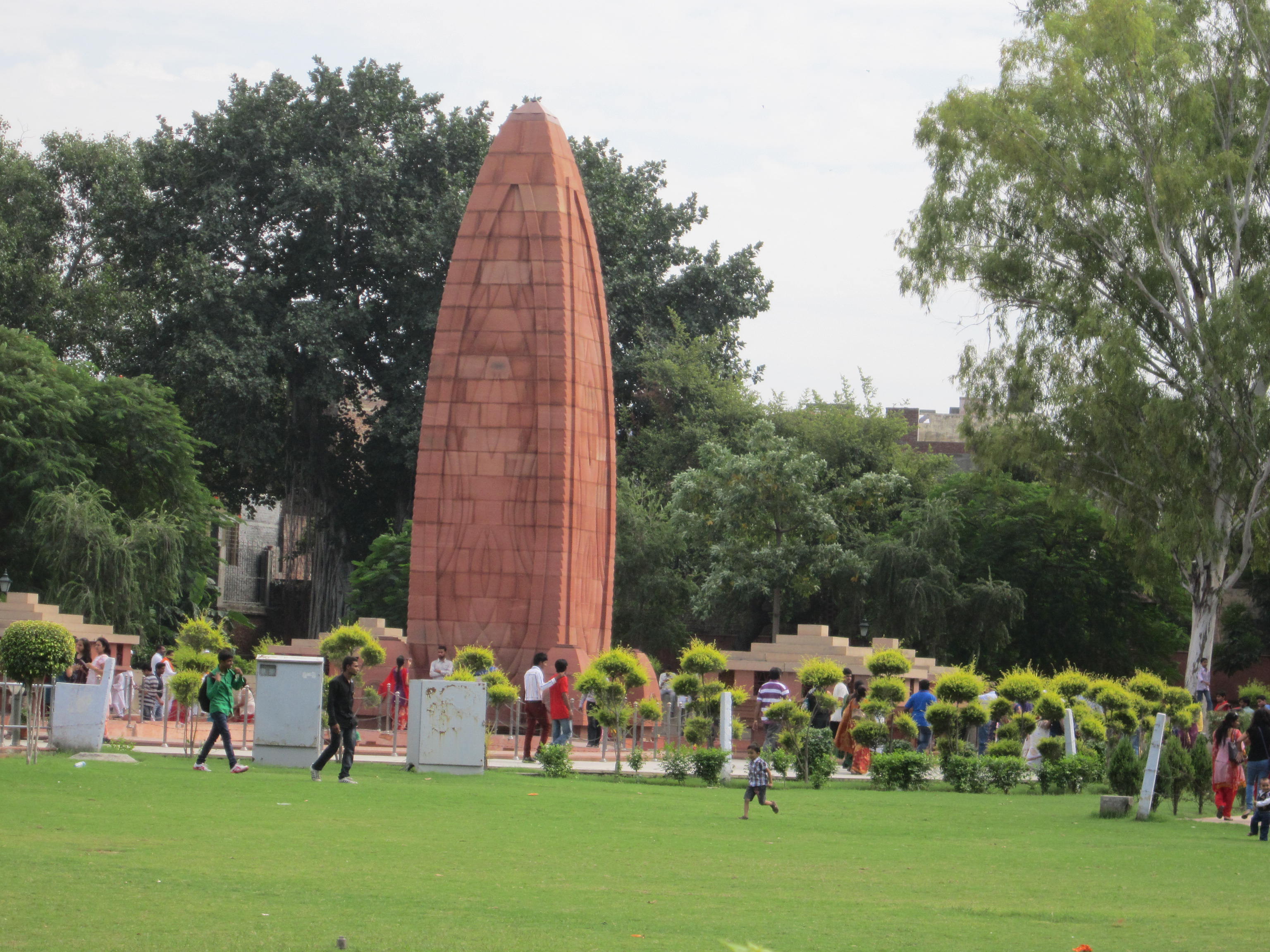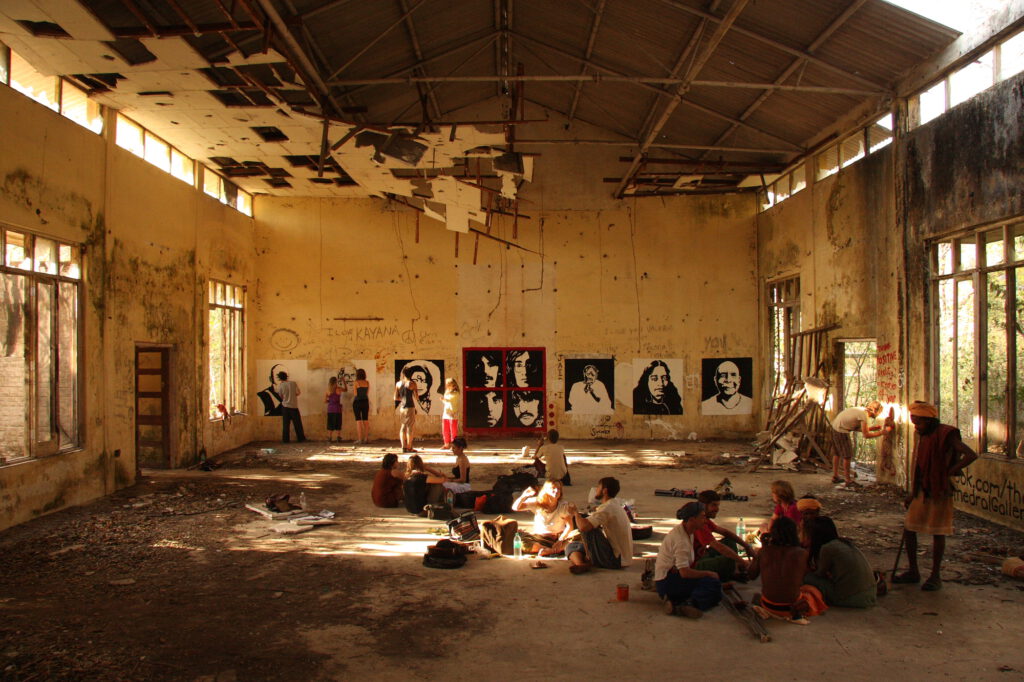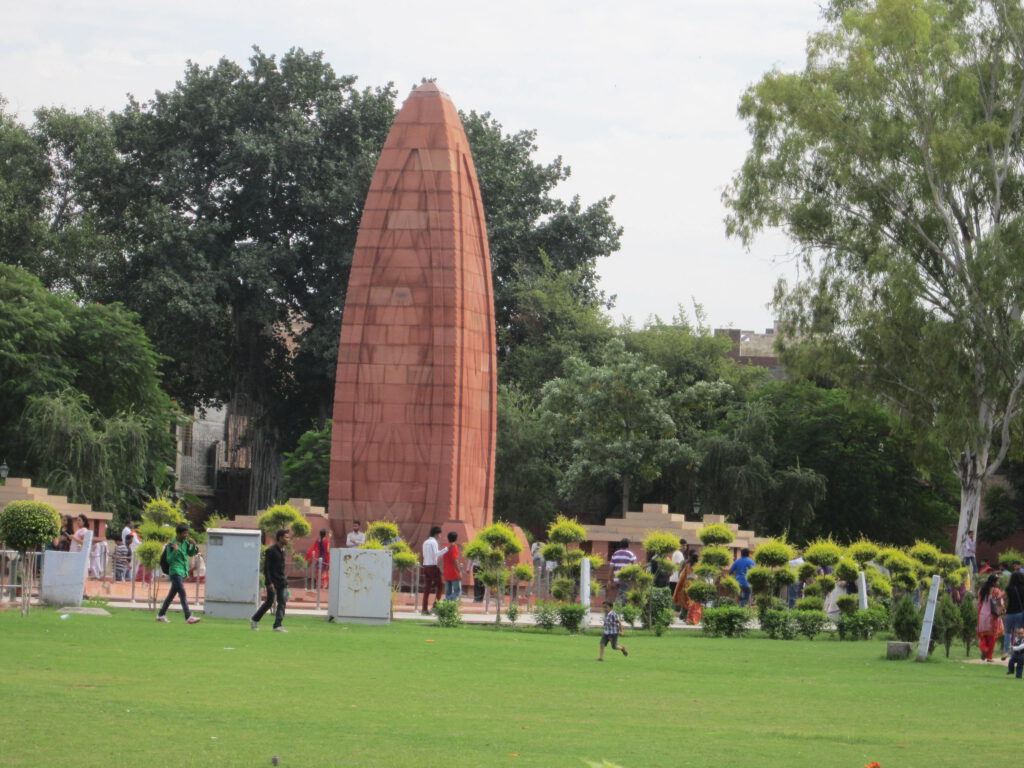The Woodstock School campus, midst wooded foothills, has commanding views of some of India’s most sacred geography. (When Pearl Buck visited she referred breathlessly to the school setting as ‘vertical real estate.’) To the south and east winds the course of the Ganga (Ganges) whose sprawling valley is the axis of Indian civilization. To the west, the Yamuna (Jamuna) sweeps out of the Himalayas, mirrors the peerless Taj Mahal, and then, joining the Ganga flows onward past the temple ghats of Varanasi to the Bay of Bengal.

From prehistoric times, these valleys have drawn streams of devotees deep into the Himalayas where the sacred waters find their source. The pilgrim towns in the immediate foreground of the campus vistas, Rishikesh and Haridwar, appear in the night as bridal veils spangling the plain. And late in the year, the scene is crowned by a rare phenomenon called the ‘winterline’ when the setting sun refracts gloriously off the earth’s atmosphere. Breathe such redolent mountain air, live in the ambit of such beauty, and epic travels, not to say some touch of ‘moksha’ itself, cannot be far behind.
Given the reputation of Afghan wolfhounds, the frequency of desert quarrels in the Middle East, and the vagaries of Silk Route ventures, our party of four school leavers were gently nudged – by anxious parents – to join a westbound caravan. My schoolmates, Dan, Paul, Allan and I found ourselves bundled together with four others: Dan’s parents, George and Pat Terry, Dan’s sister, Ruthy, and an elegant Kashmiri Brahmin, Mr. Sharma. As it happens, the number eight is an integer of some significance besides its importance in modern computing operations. In almost all religious traditions it is regarded as bestowing favor, and one venerable story says that there were eight souls of good fortune aboard Noah’s Ark.
So, on the cusp of the summer monsoon in 1965, it was agreed that we would stage the trip out of Lahore (Pakistan), each of us to find our way there from India as best we could. Much about that opening descent of the journey felt to me like a life portent: leaving behind Himalayan mist, the clopping of donkey caravans, the soughing and scent of mountain cedars and roadside roasted corn seasoned with salt, lemon and mirchi (chilis). The old road to the plains looped endlessly back upon itself, hairpinning to the railhead at Dehra Dun, there permitting train passage to the Punjab frontier at Amritsar.

The 3rd class bunk I occupied offered few amenities, but I felt fully integrated into the bedlam of Indian train culture. Someone mistook me in the night for a spittoon, leaving me streaked with red. And a neighbor’s morning cup of tea was accidentally tipped over, baptizing me with an irresistible sweetness. (Close quarters in any caravan confer an anointing, leaving gem-like things to write about.)
Not so gem-like is the modern history underlying those very railroad tracks across India’s breadbasket, the Punjab (‘Five Waters’). Included is the harrowing story of the single greatest moral outrage that spurred the drive to end British rule. On a spring morning, one hundred years ago (1919), a large crowd of devotees from the Golden Temple and fairgoers had gathered in one of Amritsar’s walled, public gardens. A detachment of soldiers arrived under the command of a Gen. Reginald Dyer. At his inexplicable order, their bolt-action rifles were raised and they obeyed the command to open fire. For ten minutes they raked the walled garden with their fire as people stampeded in every direction but found the exits blocked. More than a hundred leaped into a large well for protection. At least four hundred lost their lives, and well over a thousand were injured. A full accounting was never made since survivors refused to come forward fearing they would suffer further retribution. (A graphic depiction of this scene is embedded in Attenborough’s film, ‘Gandhi’.)
In the space of those ten minutes the colonial rulers forfeited all moral ground. India’s Nobel poet, Rabindranath Tagore, renounced his knighthood. As the full scope of the atrocity came into focus, the world was aghast at its cruelty, and the march toward freedom now became inevitable. One of the officers responsible for the massacre was murdered years later in London. It was said of his Indian assassin, an injured survivor of that long-ago nightmare, that he “kissed the noose” that made India free.
Morning found me streaked and sweetly baptized at the Indian frontier, presenting for the first time, my passport and documents to the Pakistani border guards. With the smudge of an illegible stamp, my journey had officially begun.



Always enjoying reading these marvelously written travel stories. Best to you.
Hello, Melodie! Somehow I have you pictured up next to the Yoder store. Do I have that right? A place of privilege, for sure! Thanks for hanging in there as these world-away tales unspool! Jonathan
Jonathan… Well you have me looking forward to the next episode! Nicely done…
And we’re off. Shabash! Keep it up.
Greg